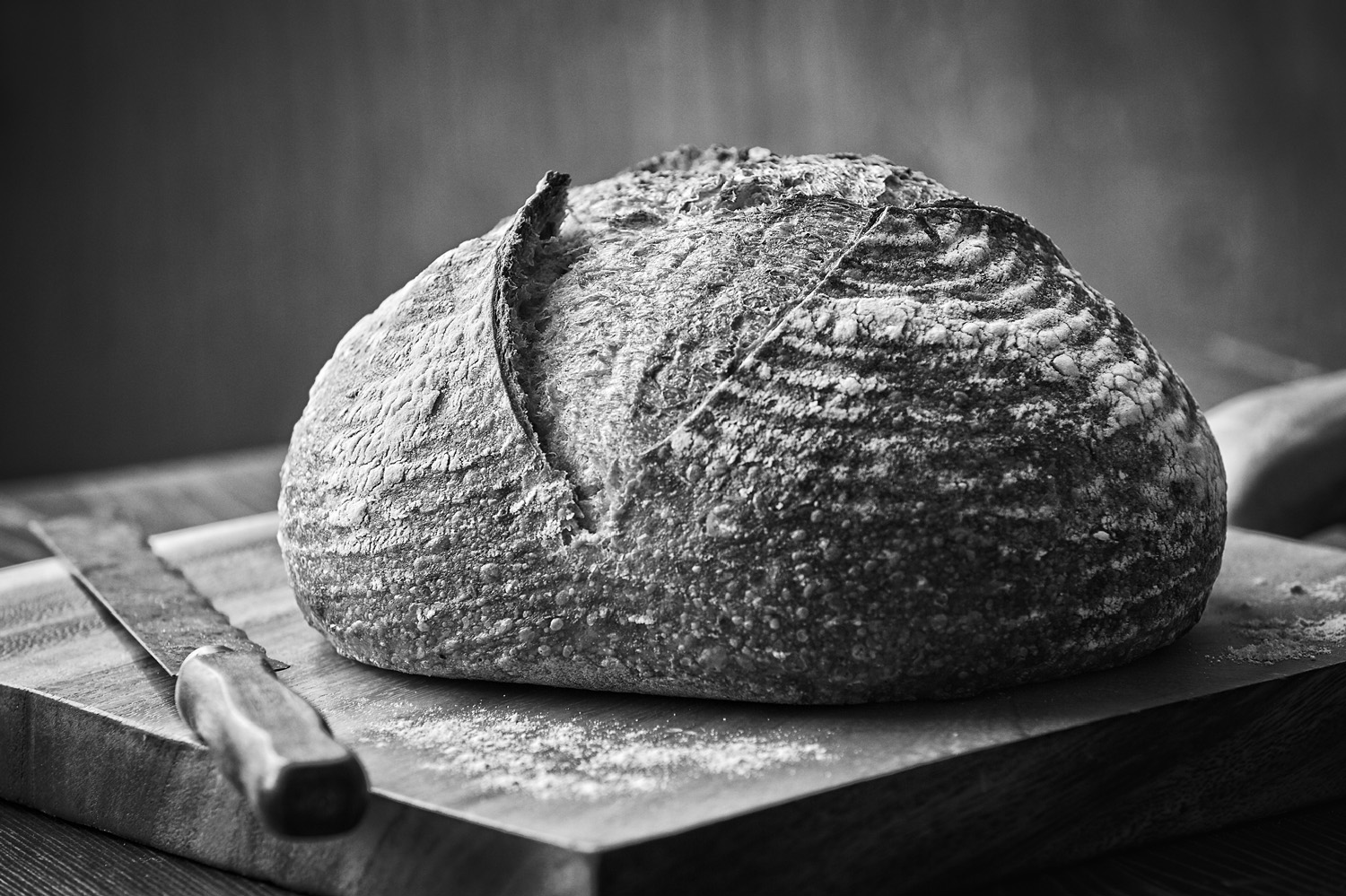A Bread Affair is proud to be serving non-GMO bread, baked fresh daily using organic ingredients! We believe in sustainable farming methods and using organic, unadulterated ingredients whenever possible. But what is GMO and how does it affect the average consumer? Read on to find out.
The Problem with GMOs
You may have heard the term before, GMO stands for “genetically modified organism.” These are plant and animal species where gene splicing, biotechnology, or genetic engineering has been used to modify them in some unnatural way. Plants, for example, are modified to better stand up against severe weather (dryness and drought, for example) or pesticide application, which might otherwise poison and kill them.
People in favor of GMO purport that these modified plants and crops are okay to consume and that they have more nutrients, help combat world hunger, are beneficial to the environment, and are regulated appropriately. However, GMO crops have time and time again proven that they may not be safe for consumers or the environment. This is a hotly debated topic—and an important one.
Perhaps even more disconcerting, the American and Canadian governments have allowed that GMOs be used in studies by the companies that created the GMOs in the first place. This means that these companies will earn profits from continuing to sell and distribute GMO products. This is a severe conflict of interests and customers are starting to realize this.
Those who are trying to downplay the potential hazards of GMOs have come under public scrutiny more and more. People are tired of their valid concerns about GMOs being ignored. It is our responsibility as consumers to make ourselves educated about GMOs and the potentially negative effects that they may have on us, future generations, and the planet.
GMOs exist across the spectrum of the food chain. Many plants have been bio-engineered at some point in their history and are at risk of being GMO, for example: corn, cotton, canola, alfalfa, flax, zucchini, soy, and sugar beets, among others. Many of these “risk crops” find there way into the bread-making industry, as well, often in the form of amino acids, sugar, sucralose, vegetable oil, vitamins, and yeast derivatives. An because animal feed may be modified products, as well, eggs, milk, meat, honey, and so on, may also be at risk of contamination.
Wheat was not always a crop at risk. In North America, wheat was not approved for GMO testing or sale. However, GMO wheat was found in an Oregon field in 2013, which changed everything, as the experiment was unregulated in an uncontrolled outdoors environment. Contamination could spread from other unregulated plots like this and we would have no way of knowing.
No More GMOs
Medicine and agricultural sciences seem to now agree that GMOs are not the answer to higher nutrition levels, increased crop output, and/or world hunger. Most importantly, consumers must feel that they are informed when it comes to GMOs in their food. Governments and corporations should be responsible for efficiently addressing the issues that are now arising from the use of GMOs in the food chain. Labeling GMO products, for example, is a great place to start. Or trying different planting methods, like the use of terra preta soil (which increases yield and nutrition in plants naturally), to replace harmful GMOs.
Over 50 countries have now banned GMOs—why have North American governments been so reluctant to get involved?
Testing for GMO Wheat
After the discovering of GMO wheat in Oregon, testing wheat for GMO has become vital. Not all bread can automatically be assumed to be non-GMO or safe. We test for GMO in all of our wheat to ensure the safety of our customers and integrity of our products. We test wheat for quality and genetic makeup to be sure of this.
The government approved some GMO ingredients, like molasses and corn syrup, to be used in baking. However, we prefer a no GMO approach to bread making. Our ingredients are regularly inspected to comply with non-GMO standards. You should be able to comfortably trace the ingredients in your food to their origins to reassure the quality and safety of the products that you and your family are consuming.
Remember, non-GMO means: Good for the environment, good for you, and just plain good!
 Visit A Bread Affair on Granville Island to try our homemade baked breads and goods! We are Vancouver’s organic artisan bakery and we promise you, our beads and baked goods are too die for!
Visit A Bread Affair on Granville Island to try our homemade baked breads and goods! We are Vancouver’s organic artisan bakery and we promise you, our beads and baked goods are too die for!
